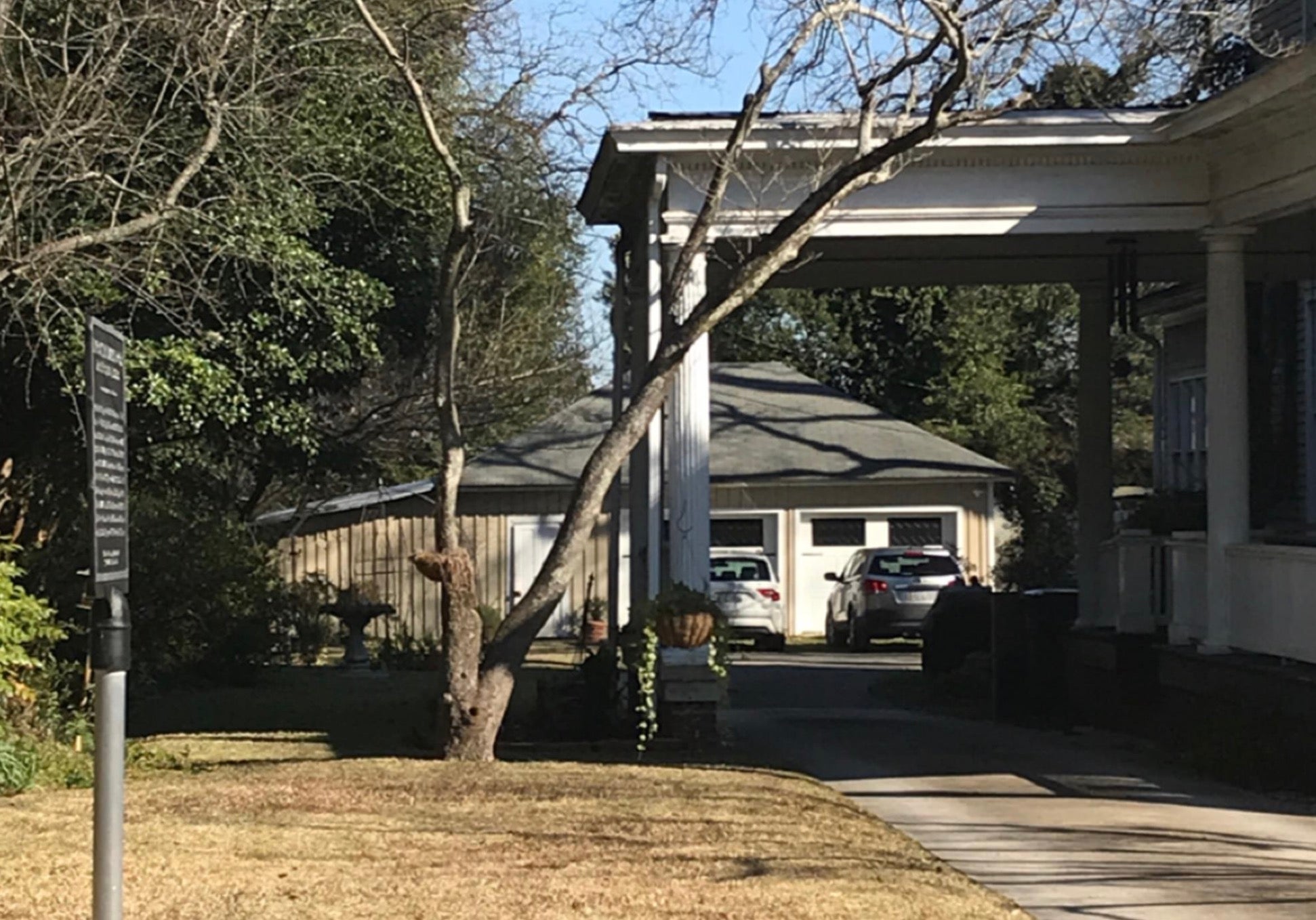Historic preservation groups rarely make headlines, except for saving historic buildings or preserving a neighborhood’s historic character.
So the Augusta Historic Preservation Commission was surprised to recently become part of a conversation – about potentially changing its authority – that members say they didn’t know was taking place.
“We are concerned that this matter moved forward in our absence, without discussion or any notification, while the community was digging out from Hurricane Helene,” said the group’s chairman, Leon Maben, to Augusta commissioners Tuesday.
But dating to at least Sept. 5, Commissioner Sean Frantom has been asking the city’s Planning and Development Department to amend the HPC’s ordinance, bylaws and guidelines, using other cities for comparison.
City commissioners haven’t offered specifics about the need for change, besides general statements about growth and red tape, but nearly all have voted in support.
Asked to respond, HPC members defended the group’s activities.
“I don’t think some of the commissioners understand what our purpose is,” said Dave Barbee, a longtime member and its former chairman.
Generally, the purpose of the HPC is to “protect the heritage and the older historic buildings” in three designated districts: Downtown, Summerville and Olde Town, Barbee said.
These include irreplaceable structures such as the Woodrow Wilson house, where the former president grew up, Ty Cobb’s house on William Street, and Enterprise Mill, whose architectural complexity might never be duplicated.
“Just look at what it would take to replace that,” Barbee said. “We’re trying to protect the beauty that we have. We’re not trying to discourage anything.”
Augusta’s historic preservation ordinance gives the HPC sweeping powers to classify, protect and preserve historic areas and structures, fundraise and pay staff.
It has a board of 10 member appointed by the Augusta Commission and two more optionally by state legislators. Nominees must be residents of Augusta and may be recommended by the board of Historic Augusta.
The ordinance gives the HPC the authority to enforce the “appropriateness” of changes, from replacing windows to complete demolition, that a property owner wants to make to a protected historic property or within a historic district.
Historic Augusta is rarely consulted regarding the appointment of HPC members, but serves in an active advisory capacity, said Executive Director Erick Montgomery.
It has a committee that meets to discuss HPC agenda items and makes written recommendations based on design guidelines prepared for each of the three districts, he said.
If a building owner disagrees with the HPC’s decision, which is rare, the owner can appeal directly to the Augusta Commission. More recently, disagreements have been sent to mediation, but this too is uncommon, Montgomery said.
Read the certificate of appropriateness form.
Barbee said the HPC rarely denies applications, but instead asks applicants to withdraw them, so they can come back in 30 days. Members visit each prospective property and applicants and the community are given the opportunity to respond, he said.
To apply for a certificate of appropriateness, there is an eight-page form requiring extensive detail and photographs of the proposed work. The applicant is advised to “consult with the historic preservation planner” beforehand to save time and effort.











